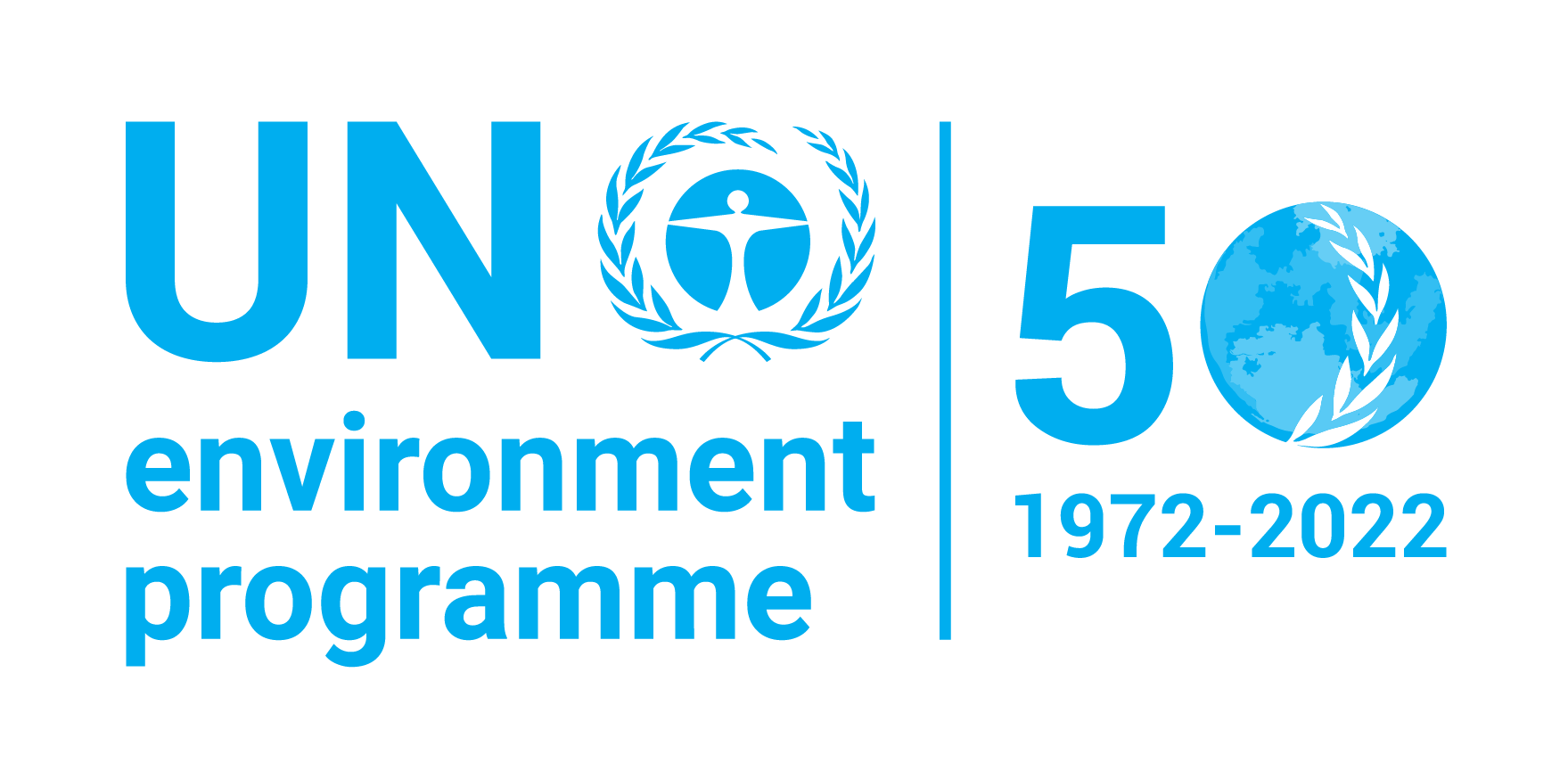| dc.contributor | Ecosystems Division | en_US |
| dc.contributor.author | United Nations Environment Programme | en_US |
| dc.date.accessioned | 2020-02-10T19:42:40Z | |
| dc.date.available | 2020-02-10T19:42:40Z | |
| dc.date.issued | 1992 | |
| dc.identifier.uri | http://hdl.handle.net/20.500.11822/31506 | |
| dc.description | Hydrocarbons in sediments can have several sources, as is the case for hydrocarbons in the marine environment in general. These and other pollution situations may have a negative impact on marine ecosystems and fisheries resources. However, before analytical methods for monitoring can be recommended it is necessary to present brief descriptions of the chemistry of oil in relation to environmental monitoring, of relevant biogeochemical processes affecting the oil once released into the marine environment, and
of current strategies for monitoring hydrocarbons in marine ecosystems. Only in this context can the methods described herein be understood. The reader is encouraged to consult the references cited for more detailed discussions. | en_US |
| dc.format | Text | en_US |
| dc.language | English | en_US |
| dc.relation.ispartof | Reference Methods for Marine Pollution Studies | en_US |
| dc.rights | Public | en_US |
| dc.subject | PETROLEUM | en_US |
| dc.subject | HYDROCARBONS | en_US |
| dc.subject | SULPHUR | en_US |
| dc.subject | SOLVENTS | en_US |
| dc.subject | STANDARDS | en_US |
| dc.title | Determination of Petroleum Hydrocarbons in Sediments - Reference Methods for Marine Pollution Studies No. 20 | en_US |
| dc.type | Reports and Books | en_US |
| wd.identifier.sdg | SDG 3 - Good Health and Well-being | en_US |
| wd.tags | Pollution | en_US |
| wd.topics | Chemicals & waste | en_US |
| wd.identifier.pagesnumber | 82 p. | en_US |


